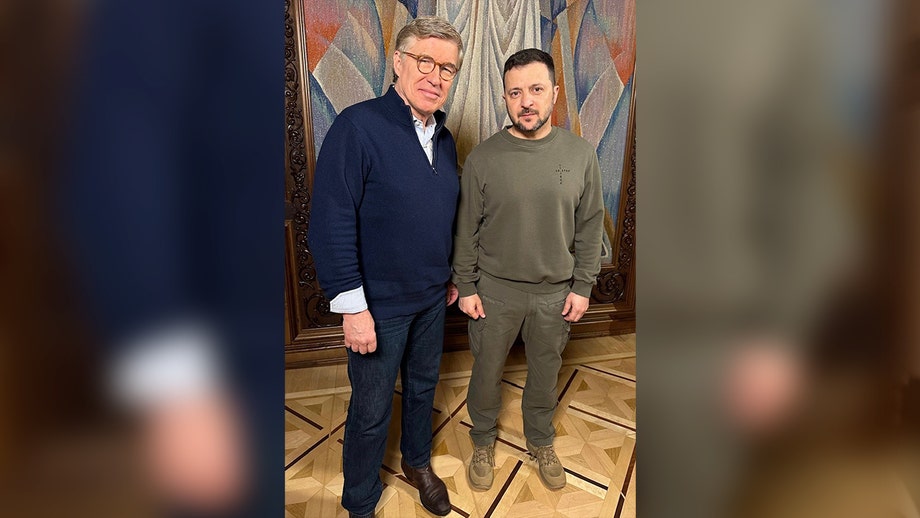The court's unanimous decision comes as tensions between Israel and Hezbollah rise, with daily drone and rocket attacks. Prime Minister Benjamin Netanyahu faces pressure to follow the ruling, potentially jeopardizing his governing coalition.
Israel's Supreme Court has issued a landmark ruling ordering the compulsory military service of ultra-Orthodox men. The unanimous decision marks a significant shift in policy and has sparked controversy amidst escalating tensions between Israel and Hezbollah.
For decades, ultra-Orthodox Jews have enjoyed an exemption from compulsory military service, which applies to most Jewish men and women. This exemption has been a source of growing anger among the secular public and has exacerbated divisions within Israeli society, particularly during conflict periods like the ongoing war against Hamas terrorists in Gaza.

Israel's Supreme Court Orders Ultra-Orthodox Draft Amid Escalating Tensions
The court's decision stems from a petition filed by a group of Israeli citizens challenging the legality of the exemption. The court ruled that without a law explicitly exempting ultra-Orthodox seminary students, the compulsory military service system applies equally to all citizens, including the ultra-Orthodox.
The ruling has been met with mixed reactions. Critics of the exemption argue that it is unfair and violates the principle of equality before the law. They also point out that the ultra-Orthodox community benefits disproportionately from government services while avoiding the responsibilities of serving in the military.

Israel's Supreme Court Orders Ultra-Orthodox Draft Amid Escalating Tensions
Supporters of the exemption maintain that ultra-Orthodox men provide their own form of service to Israel through full-time religious study. They also express concerns that forcing them into the military would disrupt their religious lifestyle and potentially lead to societal conflict.
The ruling puts Prime Minister Benjamin Netanyahu in a difficult position. His governing coalition relies on the support of ultra-Orthodox parties, which vehemently oppose any changes to the exemption system. If Netanyahu enforces the ruling, his coalition could collapse and trigger new elections.

Israel's Supreme Court Orders Ultra-Orthodox Draft Amid Escalating Tensions
Government lawyers had warned the court that forcing ultra-Orthodox men into the military would "tear Israeli society apart." However, the court dismissed these concerns, stating that the state's selective enforcement of the exemption violated the rule of law and the principle of equality.
The ruling has sparked intense debate within the ultra-Orthodox community. Religious leaders and constituents are expected to exert significant pressure on ultra-Orthodox lawmakers, who now face a difficult choice between remaining in the government and defying the court's order.

Israel's Supreme Court Orders Ultra-Orthodox Draft Amid Escalating Tensions
The exemptions have faced legal challenges for years, and several previous court decisions have found the system unjust. However, Israeli leaders have repeatedly stalled on addressing the issue due to pressure from ultra-Orthodox parties.
The ruling comes at a time of heightened tensions between Israel and Hezbollah. The Lebanese militant group has been launching daily drone and rocket attacks on northern Israel, prompting retaliatory airstrikes. Prime Minister Netanyahu has warned that the current escalation could lead to a broader conflict.
The ultra-Orthodox community, which constitutes the fastest-growing segment of the Israeli population, presents a complex challenge for the country. Balancing the needs of national security with religious freedoms will be a key test for Netanyahu and his government as they grapple with the implications of the Supreme Court's ruling.










